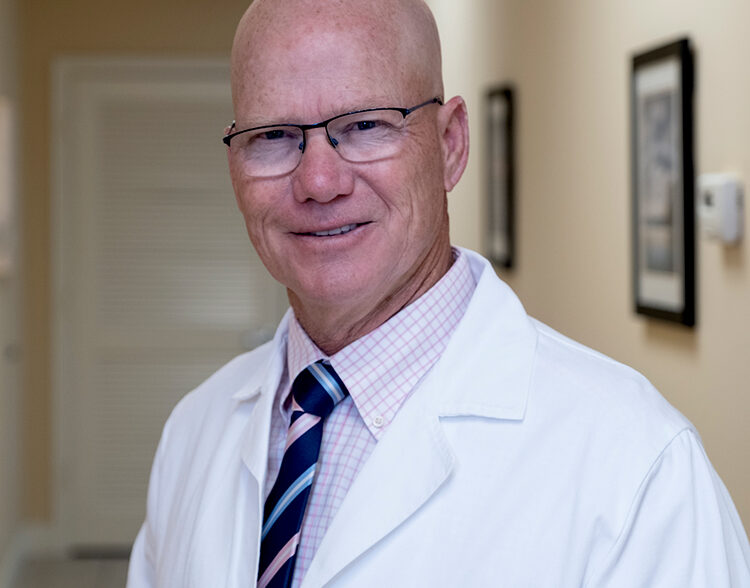
More breast cancers will likely be found earlier due to new FDA standards that require mammogram providers to share more information with women after the procedure. This is the first time in decades that the reporting requirements have been revised.
The new rules require providers to tell women if they have dense breast tissue and recommend that they consult with a doctor about whether they need additional screening.
“[This] action represents the agency’s broader commitment to support innovation to prevent, detect and treat cancer,” said Dr. Hilary Marston, the FDA’s chief medical officer, when the new standards were announced in March.
Dr. Theodore Perry, a surgeon at Steward General Surgery and affiliated with Sebastian River Medical Center whose area of specialization is breasts, said the intent is to get more standardization in reporting. “Years ago, when I first started reading mammogram results, I knew the radiologist who had issued the report. It was done locally and I knew exactly how each radiologist in town interpreted results,” Dr. Perry said.
“That’s not the case now. There’s so much telemedicine and impersonal interaction in the medical community – and everyone’s interpretation can vary somewhat.”
Women with dense breasts have a higher chance of getting breast cancer, according to the Centers for Disease Control and Prevention. The denser breasts are, the higher the risk.
About half of women 40 and older have dense breasts, based on CDC statistics. With denser tissue, reading these mammograms is more challenging and cancers can be missed.
Dr. Perry said, “Reading one is like looking at a picture of the sky on a cloudy day and having the cancer look like a white weather balloon.”
What causes dense breasts? Genetics, using menopausal hormone therapy and having a low BMI are some of the causative factors.
Doctors use the Breast Imaging Reporting and Data System (BI-RADS), which was developed by the American College of Radiology, to classify breast density into four categories:
- Fatty breast tissue: Almost entirely fatty breast tissue, found in about 10 percent of women.
- Scattered fibroglandular breast tissue: Mostly fatty tissue with some areas of dense glandular and fibrous connective tissue, found in about 40 percent of women.
- Heterogeneously dense breast tissue: Many areas of dense glandular and fibrous connective tissue with some areas of fatty tissue, found in about 40 percent of women.
- Extremely dense breast tissue: Almost all dense glandular and fibrous connective tissue, found in about 10 percent of women.
If your mammogram report letter says you have dense breasts, it means that you have either heterogeneously dense breast tissue or extremely dense breast tissue.
Dense breast tissue cannot be felt by a woman during a breast self-exam, or by her doctor during a clinical breast exam, said Dr. Perry. Only a radiologist looking at a mammogram can tell if a woman has dense breasts.
Mammogram providers will be required to implement the new standards within 18 months, according to the agency. Thirty-eight states already require providers to give women information about breast density after a mammogram, but not all of them require providers to notify a woman if she herself has dense breasts.
The FDA’s new rules essentially establish a minimum amount of information mammogram providers must convey to women who have been screened.
“The sophistication of diagnostic equipment and the ability to detect cancer earlier are a definite benefit. But it can be a double-edged sword – we need to aggressively share important information but not scare people while we’re doing it,” Dr. Perry said.
Dr. Theodore Perry attended University of Florida College of Medicine Medical School, completed a residency in surgery at Orlando Health from 1988-1991 and a residency in surgery at Cleveland Clinic Foundation from 1991-1993. He is certified in Surgery by American Board of Surgery and is an American College of Surgeons Fellow. Dr. Perry is accepting new patients at Steward General Surgery at 3745 11th Circle, Suite 101, Vero Beach. The phone number is 772-492-9912.



